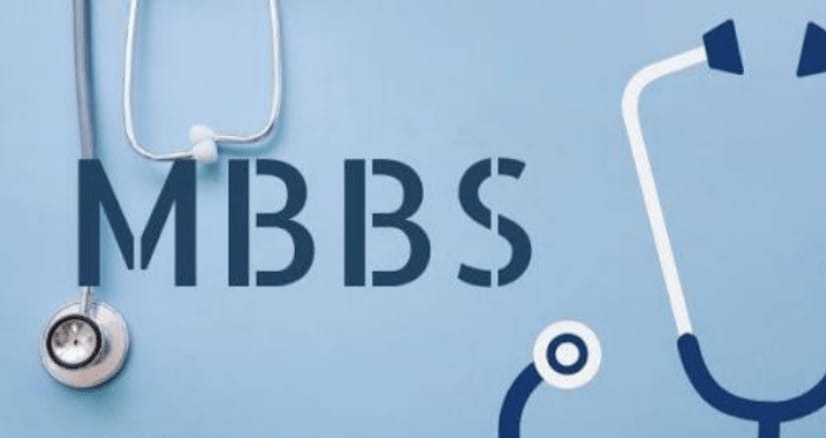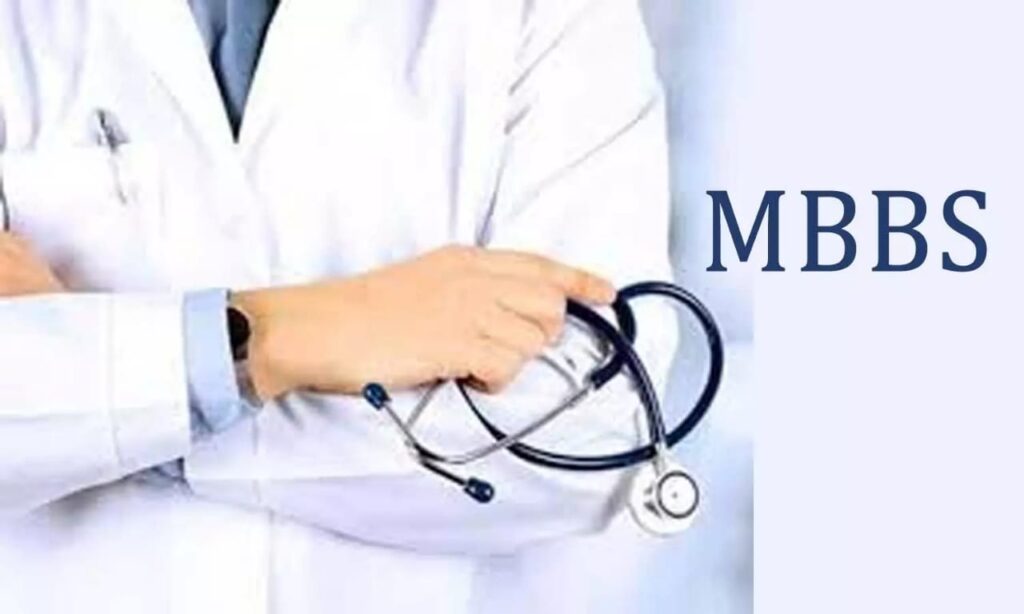
What is MBBS?
A MBBS degree is an undergraduate level course for Aspirants who need to satisfy their fantasy about turning into a specialist doctor. Bachelor of Medicine and Bachelor of Surgery (MBBS), is an expert degree in clinical science. An individual holding the MBBS degree turns into an affirmed clinical specialist. The MBBS duration is five years and a half year including one year of rotational temporary job at medical clinics, wellbeing focuses, and wellbeing camps coordinated by non-benefit associations (NGOs). The MBBS MD course schedule remembers reads for life structures, pharmacology, pathology just as local area wellbeing and medication, pediatrics, and medical procedure. The prospectus, endorsed so that MBBS degree holders can pick a specialization for additional majoring and rehearsing medication. The profession specializations for MBBS understudies are Nephrology, Cardiology, Gynecology, Anesthesiology, Organ Transplant, Endocrine, and General Surgery

What are the profession choices after MBBS?
During one year of the MBBS entry level position, understudies can work with emergency clinics and medical services habitats as advisors, doctors, clinical partners in basic consideration units, among others. They can likewise work in wellbeing efforts by the public authority and help the general population with mindfulness about illnesses, medications, wellbeing and wellness through gatherings.
On finishing the MBBS temporary internship, the Aspirants can get themselves enlisted as specialists with the Medical Council of India (MCI). They can either apply for a post-advanced education in clinical science for example MD/MS or keep working in the wellbeing area as qualified specialists.
While seeking after additional schooling in Medical science, a MBBS-degree holder can likewise connect with drugs as exploration partners. Additionally, the alternative for taking the Combined Medical Services Examination is consistently open for a MBBS graduate. They can be utilized with the focal government associations, including medical clinics, safeguard areas, rail lines, and with the neighborhood/state government.

MBBS Entrance Exams
For admission to MBBS course in India, an understudy needs to show up for the National Eligibility cum Entrance Test (NEET). This is the single passageway test for admission to MBBS courses and is acknowledged by both government and private organizations.
Two other significant examinations for admission to MBBS courses in India were JIPMER MBBS Exam and AIIMS MBBS Exam. In any case, these assessments were rejected in 2019 making NEET the main clinical entrance exam in India.
MBBS Admission Eligibility
Applicants must meet the eligibility requirements for a Bachelor of Medicine and Bachelor of Surgery (BMBS) or MBBS degree. Candidates also should be aware of the basic requirements needed for pursuing a bachelor’s degree in medicine and a bachelor’s degree in surgery, including the course understanding. These are the necessary eligibility requirements that the students must follow to obtain MBBS admission:
The minimum marks criteria may differ, although, in the intermediate test, general applicants should have scored at least 50 per cent marks.

The minimum age requirement is 17 years to register for the MBBS programme. In addition, applicants additionally need to satisfy as far as possible models for example they are more likely to complete 17 years age at the time of admission. The maximum age restriction for applying for MBBS program is 25 years
Applicants will have to pass the entrance examination needed for admissions.
Applicants should have done at least 10 + 2 with mandatory subjects Physics, Chemistry and Biology. Undergraduate students are more likely to pass Class XII/higher secondary/ pre-college qualifying assessment with Science subjects for example Physics, Chemistry and Zoology/Botany. They likewise probably considered English as the primary subject for their passing assessment.
The minimum percentage for eligible candidates to the reserved category is 40 percent.
There are extra qualification conditions as referenced by the administrative experts for MBBS for example Medical Council of India (MCI).